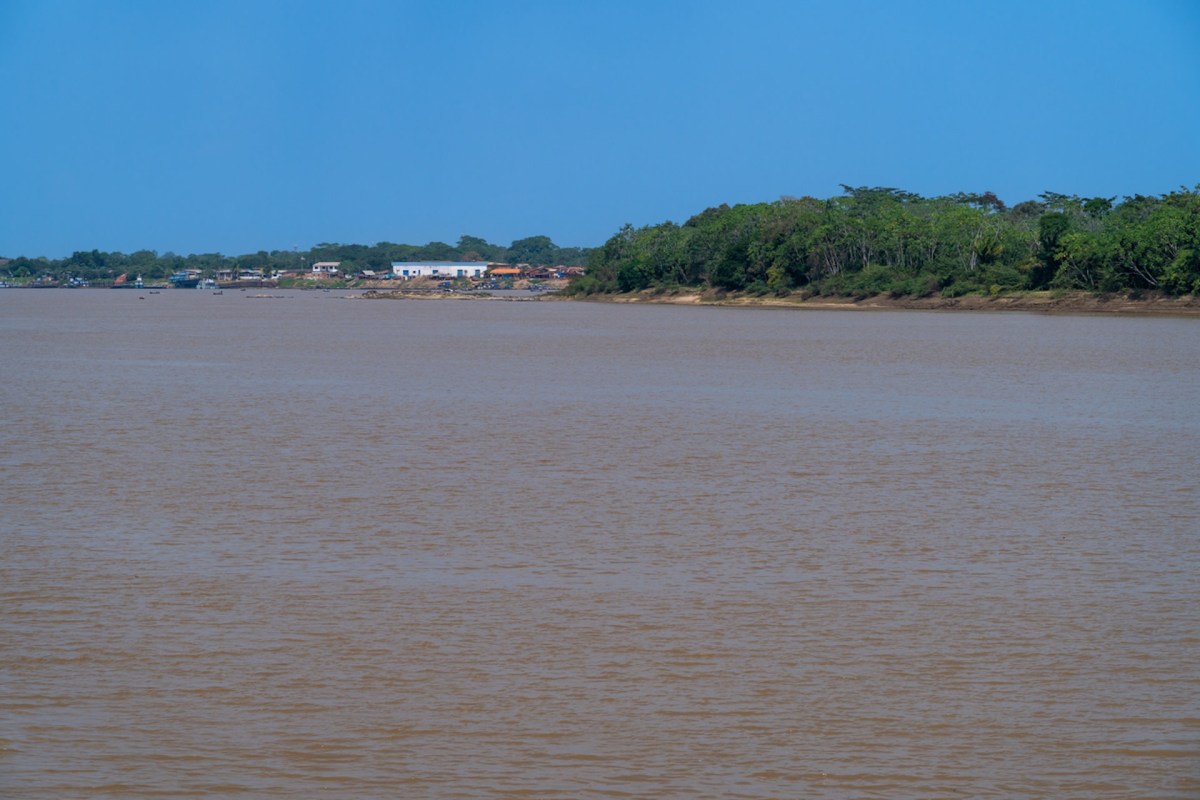A river in Brazil was recently granted legal personhood, giving it specific rights like maintaining its natural flow and having the forest around it protected.
The Laje River is vital to the Oro Waram, a subgroup of the Wari' people who reside in the Western Amazon. However, deforestation — largely due to the expansion of soybean agriculture — threatens the Oro Waram and the river.
In a move that is growing in popularity across the globe, the municipality of Guajara-Mirim passed a law that designated the river (known as Komi Memem locally) and its tributaries as living entities with rights. It is the first river in the Brazilian Amazon to attain personhood status.
"There are many generations to come, so the elders protect the water," local councilmen and the law's proponent Francisco Oro Waram told the Associated Press. "We don't pollute it or cut the trees that surround it. It is a living being for us."
The Wari' people lived independently until the early 1960s, and their population quickly declined due to disease after contact with outsiders.
Though the group's population has boomed since then, its people now occupy less than a third of their original land, and that territory is threatened by the expansion of soy agriculture. This pesticide-dependent crop pollutes the waterways. Last February the river turned red, which Oro Waram said scared him.
Clearing of land for soy fields is also leading to deforestation. The Wari' have even faced invasions from land-robbers who block them from accessing their fishing grounds.
Though this is the first river in Brazil to be granted legal personhood, a number of rivers and other natural features across the globe have attained the same status. In 2017, the Whanganui River in New Zealand received personhood status. In 2022, Mar Menor, a lagoon in Spain, legally became a person.
This is all part of a growing movement that seeks to give nature legal rights, which helps give immediate protection from impending environmental damage. In many cases — like in New Zealand and Brazil — these legal statutes directly protect the territories and way of life for local indigenous groups like the Wari' and Māori.
Protecting nature also ensures that it is able to deliver vital ecosystem services (the benefits people obtain from nature). Examples of ecosystem services include clean drinking water and trees that help stave off the effects of planet-warming pollution. Safeguarding bodies of water, forests, and other lands also protects vital habitat for wildlife.
"So much better than corporations having personhood like it is here in the US," one person tweeted in response to AP's story.
Another added, "Can we confer personhood on the planet?"
Join our free newsletter for weekly updates on the coolest innovations improving our lives and saving our planet.









